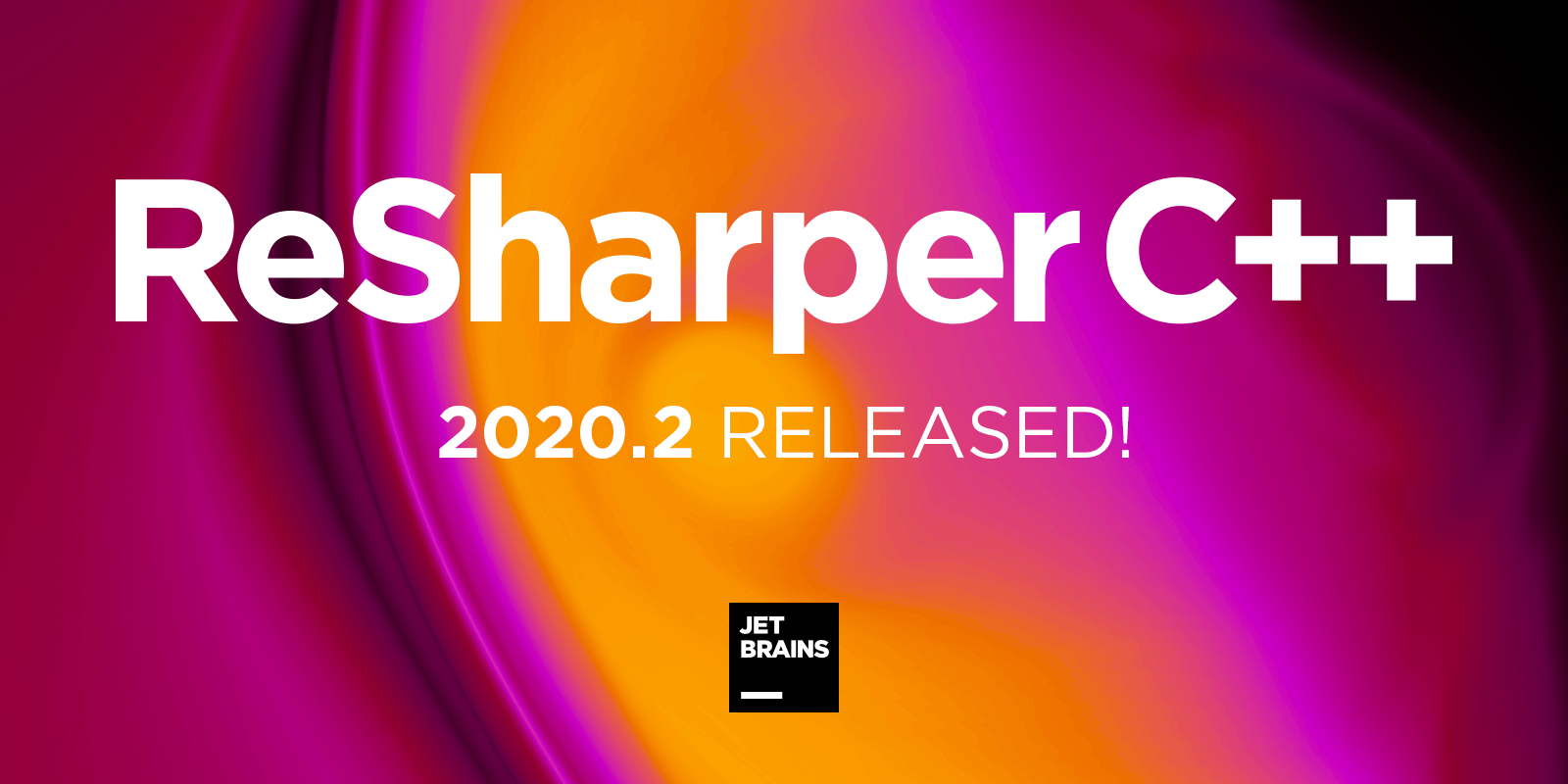C++ Coroutines in Visual Studio 2019 Version 16.8--Jonathan Emmett
c++20 is coming.
C++ Coroutines in Visual Studio 2019 Version 16.8
by Jonathan Emmett
From the article:
It’s been a long journey for coroutines in C++ and in MSVC. We announced an early preview of resumable functions in 2013, followed up by the /await switch and initial C++ standardization proposals in 2014, to proposal revisions in 2015, and have continued tracking the Coroutines TS (Technical Specification) progress through Visual Studio 2017 and 2019. With the adoption of coroutines into the C++ standard in 2019, we are now pleased to announce feature completion of C++20 coroutines in Visual Studio 2019 version 16.8...


 ReSharper C++ 2020.2 is released!
ReSharper C++ 2020.2 is released!